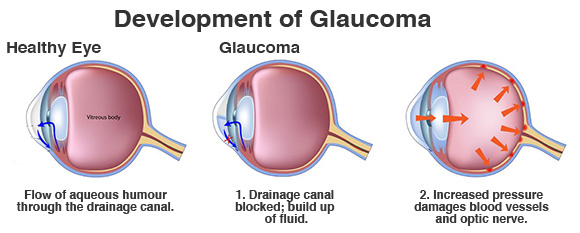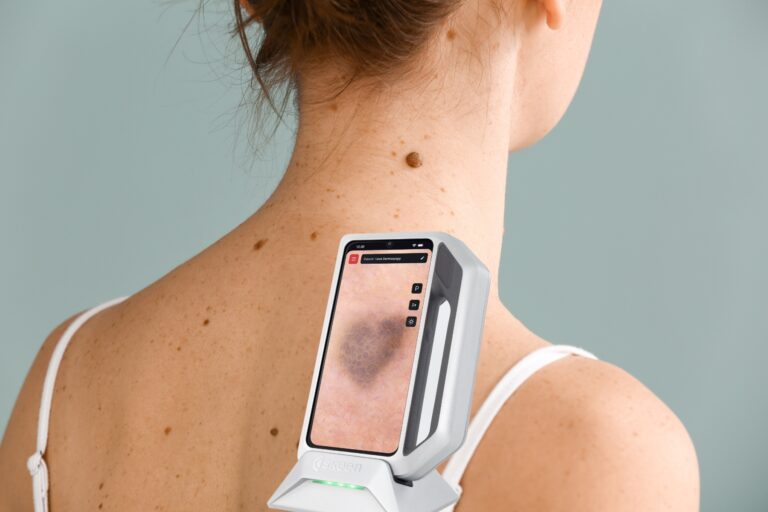In 2018, World Glaucoma Week falls on the week of March 11-18. This time is dedicated to raising awareness for the importance of this ocular disease, which is easy to control but difficult to spot without targeted screening.
What is Glaucoma?
Glaucoma is a group of eye diseases that causes progressive damage of the optic nerve at the point where it leaves the eye to carry visual information to the brain. Its diagnosis used to be made when the ophthalmologist recognizes a particular type of damage called “cupping” in the eye, but today it is possible to detect the disorder before such serious damage is visible.
What causes Glaucoma?
For a while it was believed that all glaucomas were caused by high pressure within the eye (known as intraocular pressure, or IOP). Today it is known that abnormally high levels of IOP are not necessary for the development of glaucoma. Therefore, intraocular pressure is now merely considered one of the several risk factors for glaucoma, together with racial ancestry, family history, high myopia (nearsightedness) and age.

What are the symptoms?
Sometimes glaucoma is referred to as the “silent thief of sight,” because in its early stages its symptoms can remain unnoticed, while it continues to eat away at our capacity to see. This may be the most dangerous thing about it, because the damage done to the eyes is irreversible and cannot be cured. Several studies conducted in developed countries have shown that nearly half of those with glaucoma do not know they have the disease. However, when detected, the damage can be slowed down or even stopped completely depending on the type of glaucoma.
This is why it is vitally important to visit your ophthalmologist on a regular basis, at least once a year, even in the apparent absence of complaints. During a regular annual ophthalmological screening, while your doctor checks your eye pressure they also screen for glaucoma. If your ophthalmologist finds signs of a problem, further examinations such as an OCT (allowing your doctor to observe the thickness and texture of the distinctive layers of your retina) or a Visual Field test (used to detect damage in central or peripheral vision) may be conducted to confirm the diagnosis.
Don’t take the risk of irreparable damage to one of your most important sensory organs — schedule a visit with FirstMed’s ophthalmologist today!
source glaucoma.org




